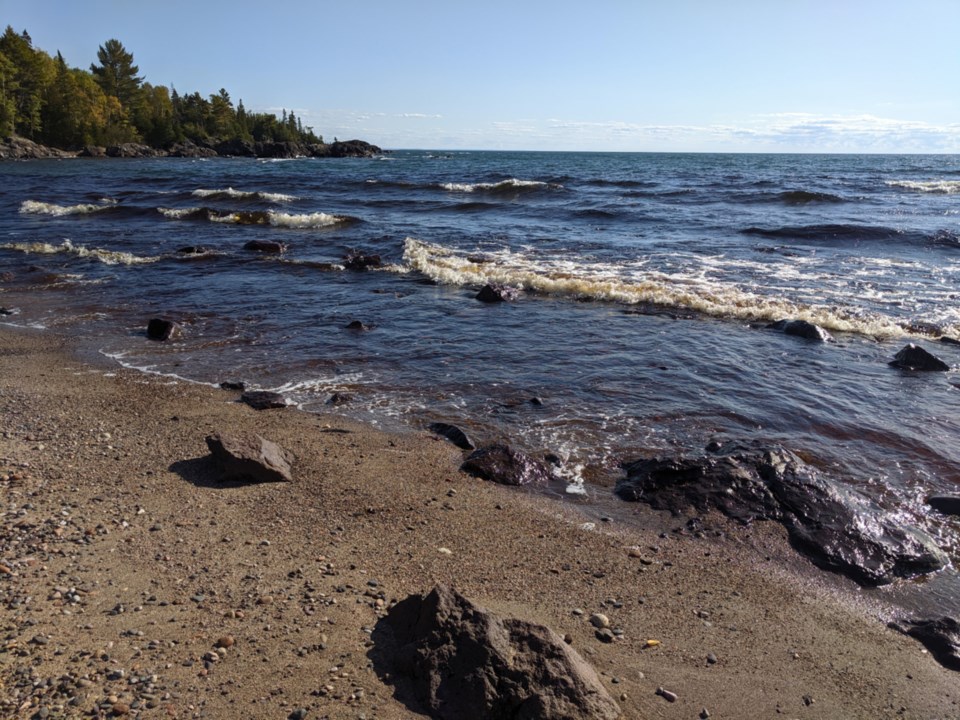Saultites will soon have the opportunity take climate action with a field school launching along the Lake Superior watershed.
Researchers at Algoma University, Lakehead in Thunder Bay, University of Minnesota Duluth, and the Michigan Technical University have received funding to create the Lake Superior Climate Action Field School.
Over $135,000 from Environment and Climate Change Canada will give those 18+ the opportunity to learn from 24 climate leaders, as well as take part in 14 workshops and nine site visits across the watershed.
The full release from Algoma University reads as follows:
Researchers at Lakehead University, Algoma University, the University of Minnesota Duluth, the Michigan Technical University, and community partners of the Lake Superior Labs Network have received more than $135,000 from Environment and Climate Change Canada to create the Lake Superior Climate Action Field School.
This August, the field school will train a diverse group of young Canadians – poised to become regional and national climate leaders – through an experiential program of virtual workshops, community site visits, and events in coastal communities around the Lake Superior Watershed.
The field school will be implemented using a hybrid virtual and on-site design that will include hubs in Thunder Bay, Sault Ste. Marie, Houghton, and Duluth. Participants in each hub will meet in person daily, conduct independent site visits, digitally document the experiences, and connect to share across hubs virtually for workshops.
“Our goal is to connect, learn with, and inspire emerging leaders and their communities to catalyze climate action across the Lake Superior Watershed,” said Dr. Lindsay Galway, Associate Professor in the Department of Health Sciences at Lakehead University and Canada Research Chair in Social-Ecological Health.
The field school will use hands-on, experiential learning to implement 14 knowledge and skill-building workshops and nine site visits focused on climate action across the Lake Superior watershed.
It will connect students with 24 climate leaders from the project’s leadership team at the forefront of community-based climate action initiatives across the Lake
Superior watershed.
“Algoma University, and our innovative Sault Ste. Marie community hub partners, including David Thompson and members of the Rural Agri-Innovation Network (RAIN), are excited to collaborate with our high-quality academic partners from throughout the Lake Superior region on this valuable experiential learning Field School initiative,” notes Dr. Nairne Cameron, Associate Professor and Chair Department of Geography, Geology and Land Stewardship at Algoma University.
Researchers will host a series of public events and webinars following the field school (September 2021 - March 2022), to raise awareness about climate change and climate action in the Lake Superior watershed.
The team will also develop and disseminate a series of tools to catalyze and enable community-based climate action including a video series documenting knowledge and activities from the Lake Superior Climate Action Field School, a digital Lake Superior climate action storyboard, and 14 workshop modules that will be shared with community groups.
Researchers and students will share what they learn through the Lake Superior Living Labs Network website (livinglabsnetwork.ca) to enhance long-term impact and develop, build, and support future climate action across the Lake Superior watershed.
The Field School is open to ages 18 and up. Details of the application process will be shared through livinglabsnetwork.org.
For more information, contact one of the co-principal investigators, Dr. Galway ([email protected]) or Dr. Charles Levkoe ([email protected]), Associate Professor in the Department of Health Sciences at Lakehead University and Canada Research Chair in Sustainable Food Systems.
